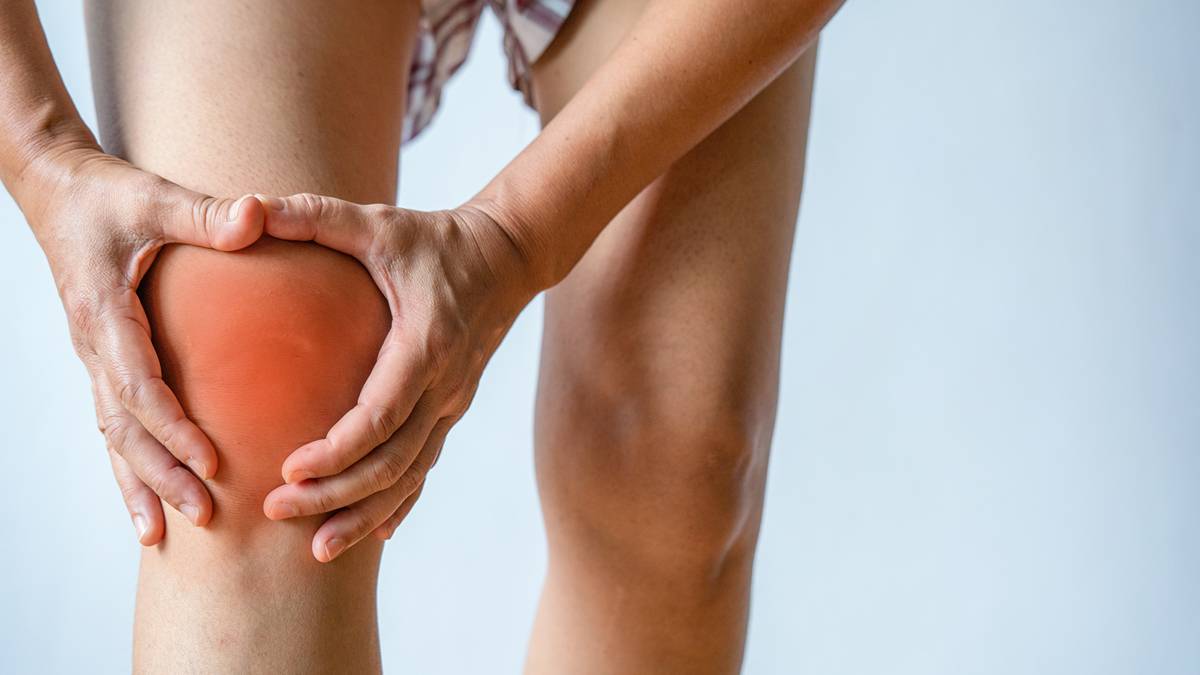- CMG introduces UC-II, a joint mobility supplement derived from collagen
- The product is designed to address knee pain and stiffness using a low-dose, once-daily formulation.
- The market for joint health is growing in line with Australia’s increasing elderly population.
Special Report:Arthritis-related discomfort has emerged as a key area of interest for Australia’s rapidly growing alternative medicine sector, which is now valued at over $6.4 billion annually.
With the population aging and an increasing need for non-surgical mobility options, several companies listed on the ASX are preparing for expansion in this area.
Tolong support kita ya,
Cukup klik ini aja: https://indonesiacrowd.com/support-bonus/
Among them are Vita Life Sciences (ASX:VLS), EZZ Life Science (ASX:EZZ), Star Combo Pharma (ASX:S66) and McPhersons (ASX:MCP). Although each approach differs, the key point is evident: customers are investing more in supplements that offer practical benefits such as pain management, energy enhancement, and support for aging health.
Currently, the Complementary Medicines Group (CMG) is joining the discussion with a new product designed for the knees – the body part most commonly associated with reduced mobility.
Known as UC-II, the daily capsule includes non-denatured type II collagen and has demonstrated in clinical research to aid joint function, decrease stiffness, and enhance walking capacity for individuals with mild osteoarthritis or those who experience joint wear from an active way of life.
Dr Brad McEwen PhD, a scientist with CMG, stated that the formula provides a novel option for customers.
“UC-II functions by assisting the immune system in identifying inflammation within the joint and reacting correctly. It addresses the root cause, rather than merely the symptoms,” he stated.
The distinctiveness lies in the dosage. A daily intake of 40 milligrams is sufficient. It serves as an effective, easily tolerated option compared to high-dose glucosamine or chondroitin.
Market conditions are shifting
Mobile health has become one of the most exciting supplement areas in Australia, especially for individuals over the age of 35. Over half of Australian adults use alternative medicines, and almost three out of four households keep supplements available.
Increased tiredness from pills, greater focus on preventative health, and a stronger desire for products backed by scientific research are all influencing consumer purchasing decisions. CMG’s UC-II has been developed to meet these trends, supported by evidence from over a dozen clinical studies.
Over the course of six months, individuals who consumed UC-II experienced enhanced joint mobility and less discomfort while ascending stairs, maintaining an upright position, and walking extended periods.
The item can now be found in Go Vita stores across the country and is marketed under a range of well-known brand names.
Focus on quality and adherence to standards continues to be essential
Australia is regarded as one of the most strictly controlled markets globally when it comes to complementary medicines. Every product needs to be registered on the Australian Register of Therapeutic Goods and must meet the guidelines established by the Therapeutic Goods Administration. This quality control is also a major factor behind the rise in exports, which have exceeded $1.2 billion annually.
For CMG, the objective goes beyond merely entering the sector; it aims to take the lead with a solution that is straightforward, reliable, and strategically placed for both local and international markets.
As the overall industry continues to expand and there is more focus on mobility-related offerings, the company expects UC-II to address a genuine and increasing demand.
This piece was created in partnership with Complementary Medicines Group, an advertiser at the time of publication.
This publication is not providing financial product recommendations. It is advisable to seek professional guidance prior to taking any financial actions.
The post Arthritis-related discomfort fuels new growth in Australia’s $6.4 billion supplement industry appeared first on .







